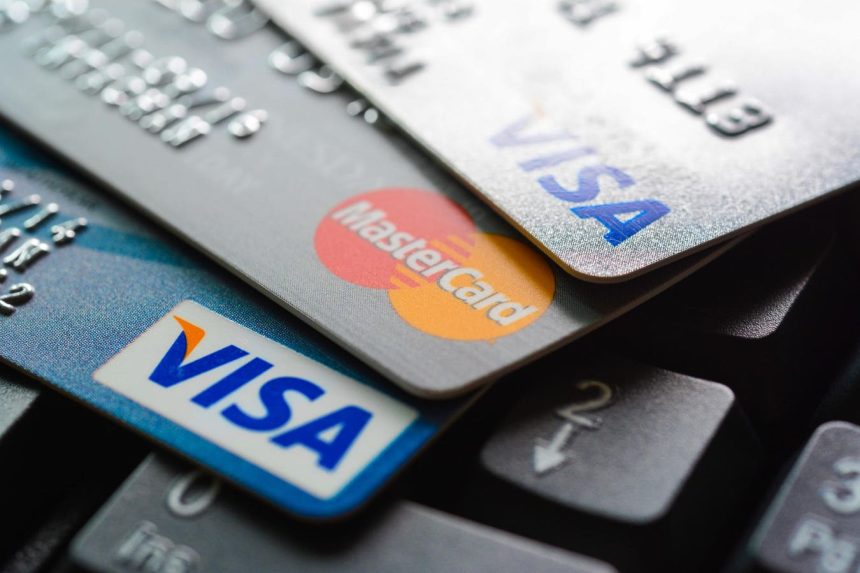If you’ve ever tried to make payment to the IRS using credit cards or debit cards, you know that it can be expensive and time-consuming—especially if you try to pay by phone since the IRS must transfer you to a third-party processor. That could be changing.
The IRS has proposed regulations allowing the agency to directly accept tax payments by credit or debit cards without having to connect taxpayers to third-party payment processors.
Currently, the IRS utilizes third-party processors to process payment of taxes by credit cards, which include charge cards and debit cards for which taxpayers pay a processing fee directly to the third-party processor. Third-party processors charge a variable percentage fee for payment by credit card and a flat fee for payment by debit card. You can take a look at the range of fees here:
These fees are in addition to any fees or finance charges from your own bank or financial institution.
Authority
Under section 6311(a), the Treasury can receive payment for taxes by “any commercially acceptable means that the Secretary deems appropriate to the extent and under the conditions provided in regulations prescribed by the Secretary.”
Before the 2019 Taxpayer First Act (TFA), section 6311(d)(2) authorized the Secretary to enter into contracts related to receiving payment of taxes by credit card or debit card but prohibited the Secretary from paying any fees under any such contract.
Section 2303 of the TFA amended the code so that the Secretary is no longer prohibited from paying a fee under a contract related to receiving payment of taxes by credit or debit card if the Secretary ensures that the fee is fully recouped from the persons paying the associated taxes. In other words, the IRS can receive benefits similar to those of other entities that accept credit or debit cards, including guaranteed receipt of funds and reduction of paper check processing costs. This provision also enables taxpayers to pay more easily by credit or debit card directly to the IRS, such as over the telephone, without having to separately wait for the IRS to connect them to third-party processors. In other words, section 2303 of the TFA now gives the IRS flexibility to enter into a contract that would allow taxpayers to pay taxes by credit or debit card directly to the IRS.
Proposed Regulations
The proposed regulations would amend existing regulations to conform to the TFA’s amendment. The proposal would remove the prohibition on the IRS’s payment of fees under any contracts related to tax payment by credit, debit, or charge card and the prohibition on the IRS imposing any fee or charge on persons making tax payment by credit or debit card.
The proposed regulations would also authorize the IRS to enter into contracts in which the agency pays a fee to a third party to process a taxpayer’s payment. By law, the IRS must seek to minimize any fee it is required to pay under such a contract. If the IRS does pay a fee, under the proposed regulations, the IRS would fully recoup the amount of the fee paid to the third party from the persons paying taxes by credit or debit card as a reimbursement fee.
The proposed regulations would also require that the taxpayer pay the reimbursement fee at the time of the credit or debit card tax payment. Section 6402 of the Code allows the Secretary to credit or refund any overpayment “in respect of an internal revenue tax.” However, a reimbursement fee is not a tax, so the credit and refund procedures for tax overpayments would not apply here. Instead, the taxpayer would have to rely on existing rules adjusting credit or debit card payment errors, including reimbursement fee errors.
Finally, the proposed regulations would authorize the IRS to enter into contracts with third parties regardless of whether the IRS pays a fee, but only if the contract provides a cost benefit to the government. The cost benefit to the government is a reduction of check processing costs. In addition, expanding taxpayers’ payment options generally encourages tax compliance, so it is beneficial for both the government and taxpayers.
Comments
The IRS wants to hear from you. You can submit comments electronically via the Federal eRulemaking Portal at (indicate IRS and REG-120137-19) by following the online instructions for submitting comments.
If you’d prefer to go old school, you can send paper submissions to: CC:PA:01:PR (REG-120137-19), Room 5203, Internal Revenue Service, P.O. Box 7604, Ben Franklin Station, Washington, DC 20044.
Remember that comments may be published on the public docket.
Read the full article here
















